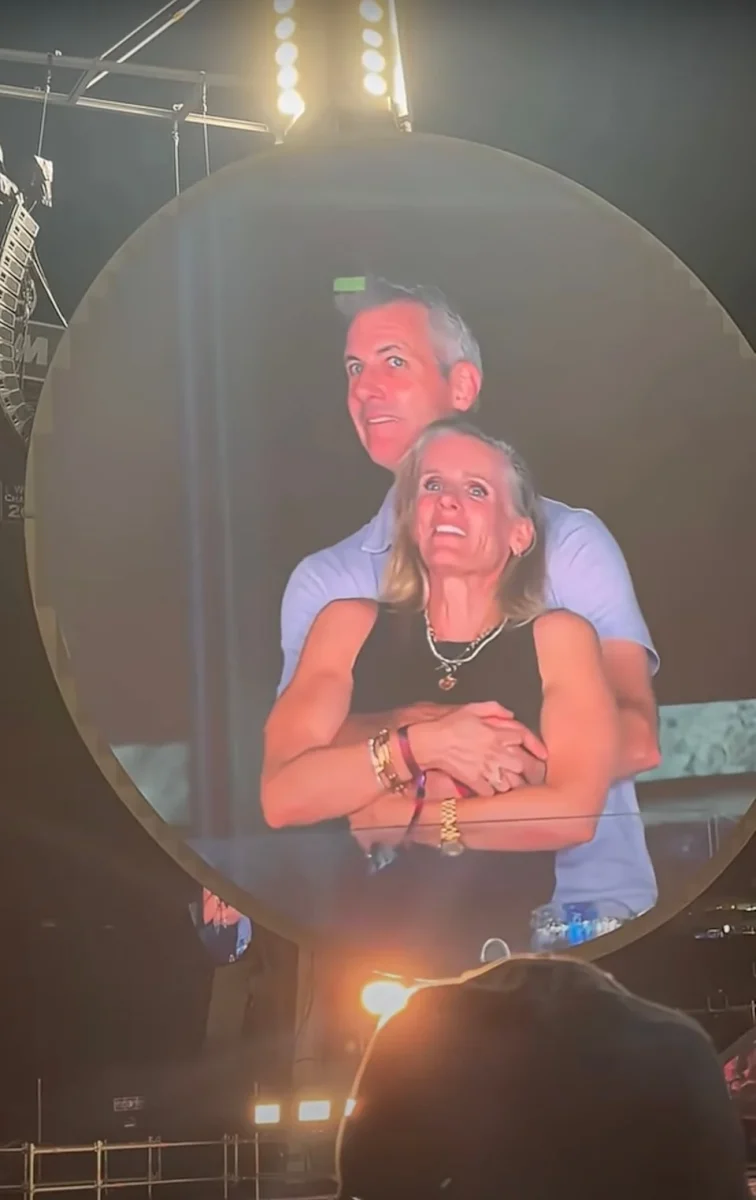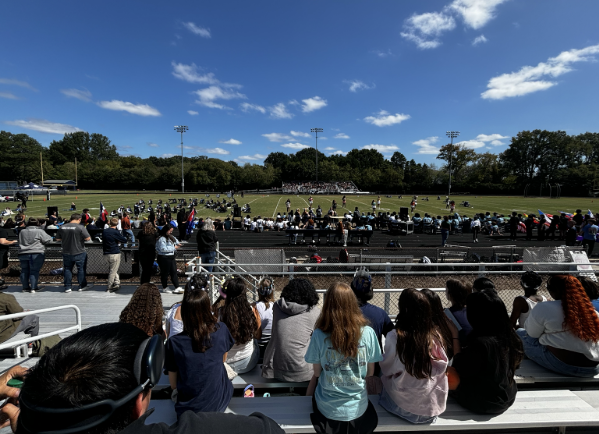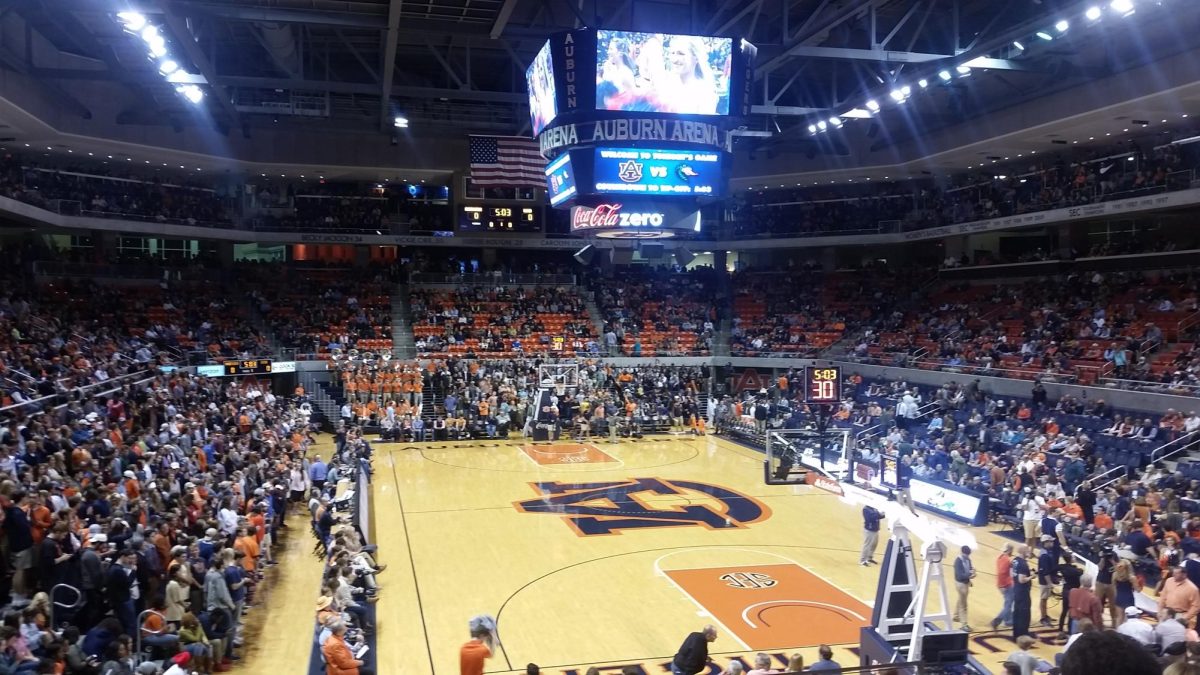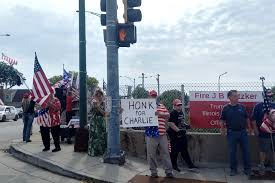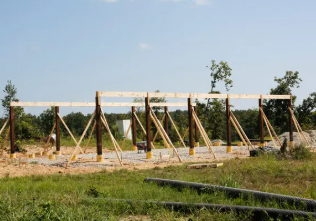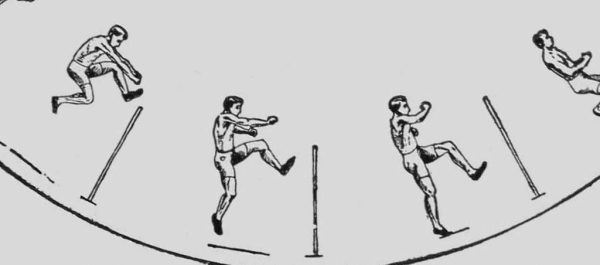Should Election Day be a Federal Holiday?
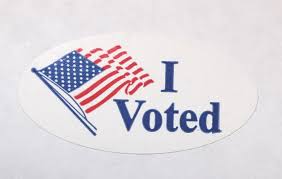
Depicting the waving American flag, this “I voted” sticker can be found on many proud Americans’ shirts on Election Day. By making Election Day a Federal Holiday, many more Americans would be able to wear this sticker, without sacrificing anything else.
November 4, 2019
With off-year Election Day tomorrow, the question again arises: should Election Day be a Federal Holiday? The main argument for this is it limits the voting pool because most Americans work on Election Day. Making Election Day a Federal Holiday and increasing voter turnout go hand in hand.
When the nationwide standard date was passed, it was strategically placed on a Tuesday after the harvesting season but before winter storms so that it would be convenient for farmers to travel to their voting places and to cater to the puritans who devoted their weekends to religious services. But now, with most voters working during the week, a Tuesday seems problematic.
Some states have tried to help improve voter turnout on their own. In eight states, as well as the territory of Puerto Rico, Election Day is a public holiday, and other states have laws mandating employers to give their employees the day off or to receive at least two hours off to vote without the loss of pay. Another way that states try to help their voters is by offering early voting. Early voting takes place in 32 states and in Washington, D.C. and can last anywhere from four to fifty days prior to Election Day. Absentee voting is also allowed in 28 states, no questions asked; in another 19 states, an excuse is required. This allows people to fill out a ballot on their own time, and either mail it or return it in person by a certain date. While these are provisions aimed at helping the voter, it does not exactly inspire turnout, which is one of the problems associated with Election Day being held on a Tuesday. Senior Gray Doby commented, “I think that Election Day should be a holiday. So many people don’t want to vote because it’s out of the way of what they’re doing or because they don’t have time. If Election Day was a holiday, then everyone would have time, and it would not be out of the way since that’s what everyone is doing.”
There has even been talk of moving Election Day to the weekend in order to give more people a chance to vote. Moving Election Day to the weekend would reduce the long lines at polling places, especially around rush hour, and there would be more polling places with more people willing to work them. But, most importantly, it would give the working class not only time but a reason to vote. It would show Americans that our country is devoted to democracy at its fullest, that not only does everyone have the right to vote, but that they should and that their vote matters. However, many Americans spend time with family and friends, go to religious services, and use their weekends as a time to recuperate from the stress of the weeks behind and ahead of them. Instead of losing money to take time off to vote, now Americans would be asked to spend time away from their families, friends, and traditions in order to vote. How many would?
Many public schools are also used as polling places across the nation for a list of reasons including ample parking for voters, big places inside for voting; they are located throughout the community, and many of them are easily accessible for those with disabilities. However, when school is in session at the same time as Election Day, then there becomes the risk of allowing anybody from the general public on school grounds with lots of young people. This could not only pose a threat to the students and faculty at the schools, but it also disrupts the school day with campaigners outside, volunteers inside, and voters in the hallways.
By making Election Day a Federal Holiday, it would ensure that every registered voter who intends to vote will have ample time to do so while getting paid, which is also likely to inspire higher turnout. It would also protect the American weekend, spent with family, friends, and used for rest. Lastly, it would help to secure public schools as voting places. This is a step that the government needs to take. We must stay relevant with the times, and these days, voting on a normal Tuesday is not practical.



